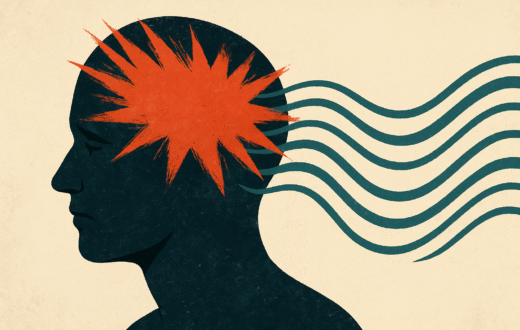Ignore Smarter: The Psychology of Filtering Out the Noise

Media Literacy Week: Why Learning to Ignore Is a Superpower
During Media Literacy Week, we often hear about the importance of thinking critically when consuming online content. Yet in today’s noisy digital world, that’s only half the story. To truly protect our focus, we must also learn what not to engage with. Modern media literacy isn’t only about analyzing information, it’s equally about strategically ignoring the distractions that drain our attention.
The Psychology of “Critical Ignoring”
Researchers in psychology and education highlight that ignoring irrelevant or manipulative content is as vital as critical thinking. This practice, called critical ignoring, means consciously filtering out low-value information so that our limited mental energy can be directed where it truly matters.
A recent scientific paper identified three main strategies for mastering this skill:
1. Self-Nudging: Reshape Your Digital Space
Just as we hide snacks to avoid temptation, we can redesign our digital environments to minimize exposure to “junk information.”
Some practical methods include:
- Setting time or app limits using Screen Time or Focus Mode.
- Turning your screen to grayscale to reduce visual temptation.
- Muting or unfollowing low-quality pages that clutter your feed.
- Temporarily deactivating social media when you need focus.
Research even shows that deactivating Facebook for a month can free up an hour a day, improve well-being, and reduce political polarization.
2. Lateral Reading: Fact-Checking Like a Pro
When you find an unfamiliar claim, don’t only analyze the article itself, leave the page and investigate elsewhere. Professional fact-checkers do this through lateral reading, which involves:
- Opening new tabs.
- Searching the author, organization, or claim.
- Comparing information across multiple trusted sources.
This cross-checking method outperforms traditional critical analysis and helps identify misinformation faster.
3. Don’t Feed the Trolls: Starve the Attention Economy
Trolls and online provocateurs thrive on attention. Engaging with them — even to argue — only fuels their reach and satisfaction.
The rule is simple:
- Don’t reply, debate, or correct trolls.
- Block, ignore, or report them when necessary.
By denying them attention, you cut off the social rewards they crave and protect your own peace of mind.
The New Age of Literacy
Traditional education teaches us to pay attention; digital life now demands we also learn to withhold it.
In an era where attention is currency, critical ignoring is not avoidance — it’s self-defense.
By filtering the noise first, we create the mental space needed for genuine critical thinking and meaningful engagement.





